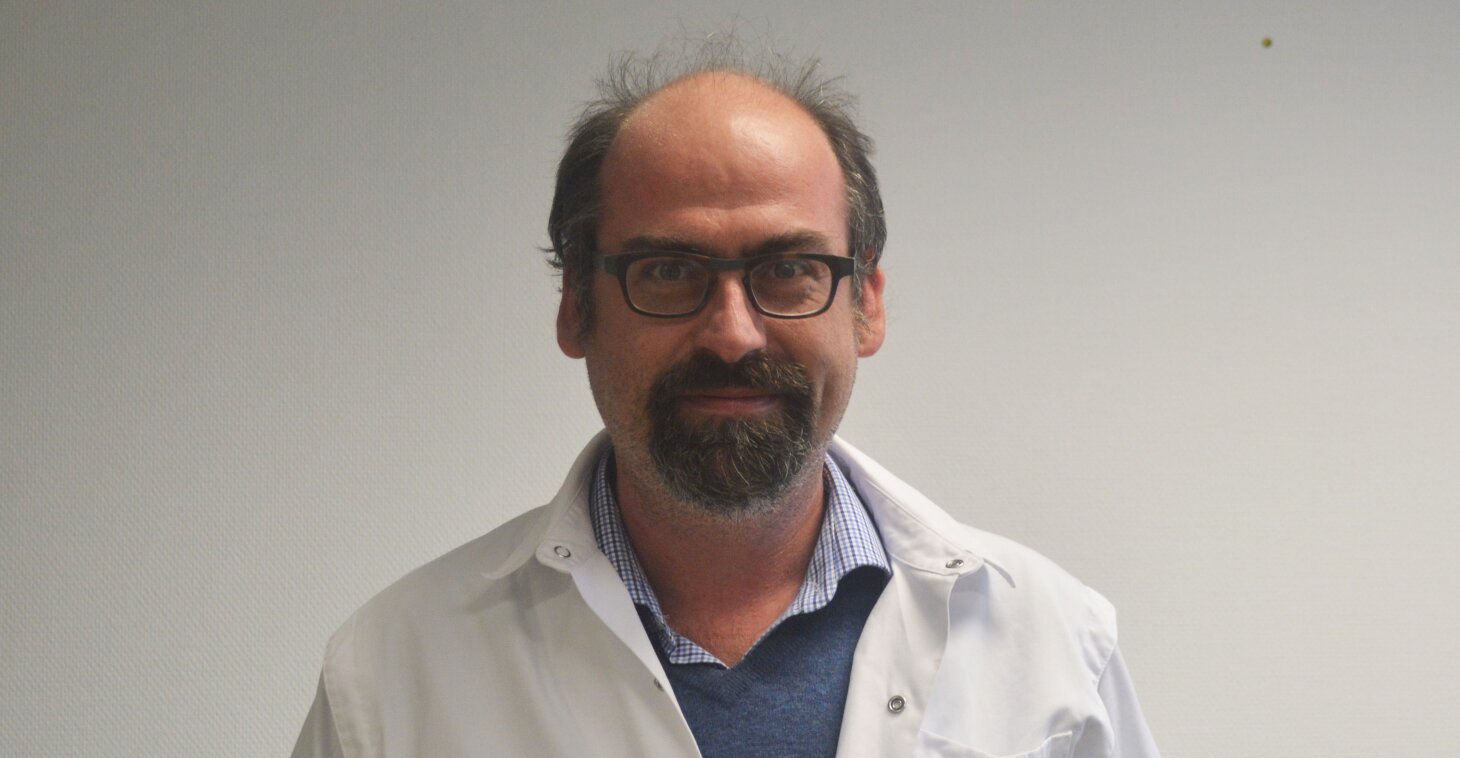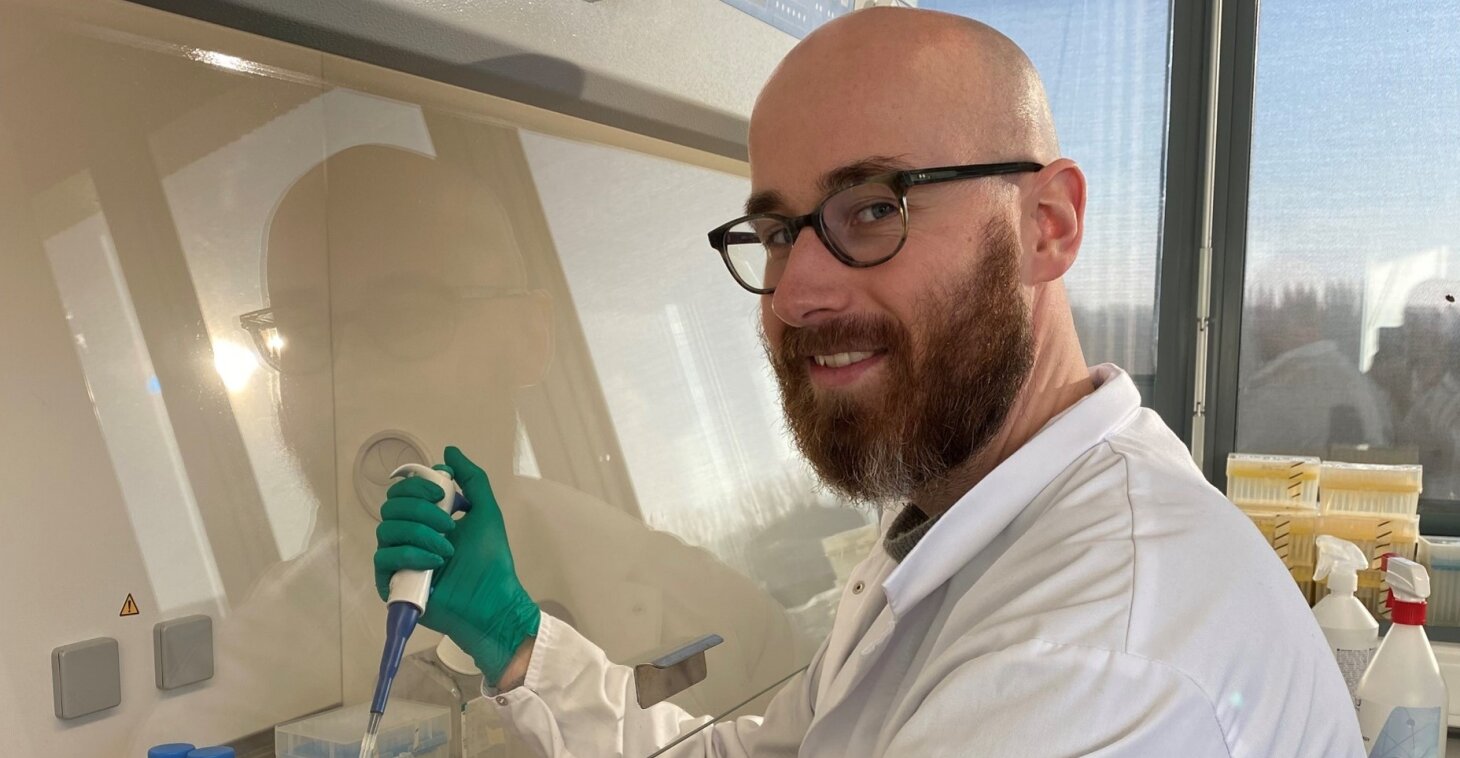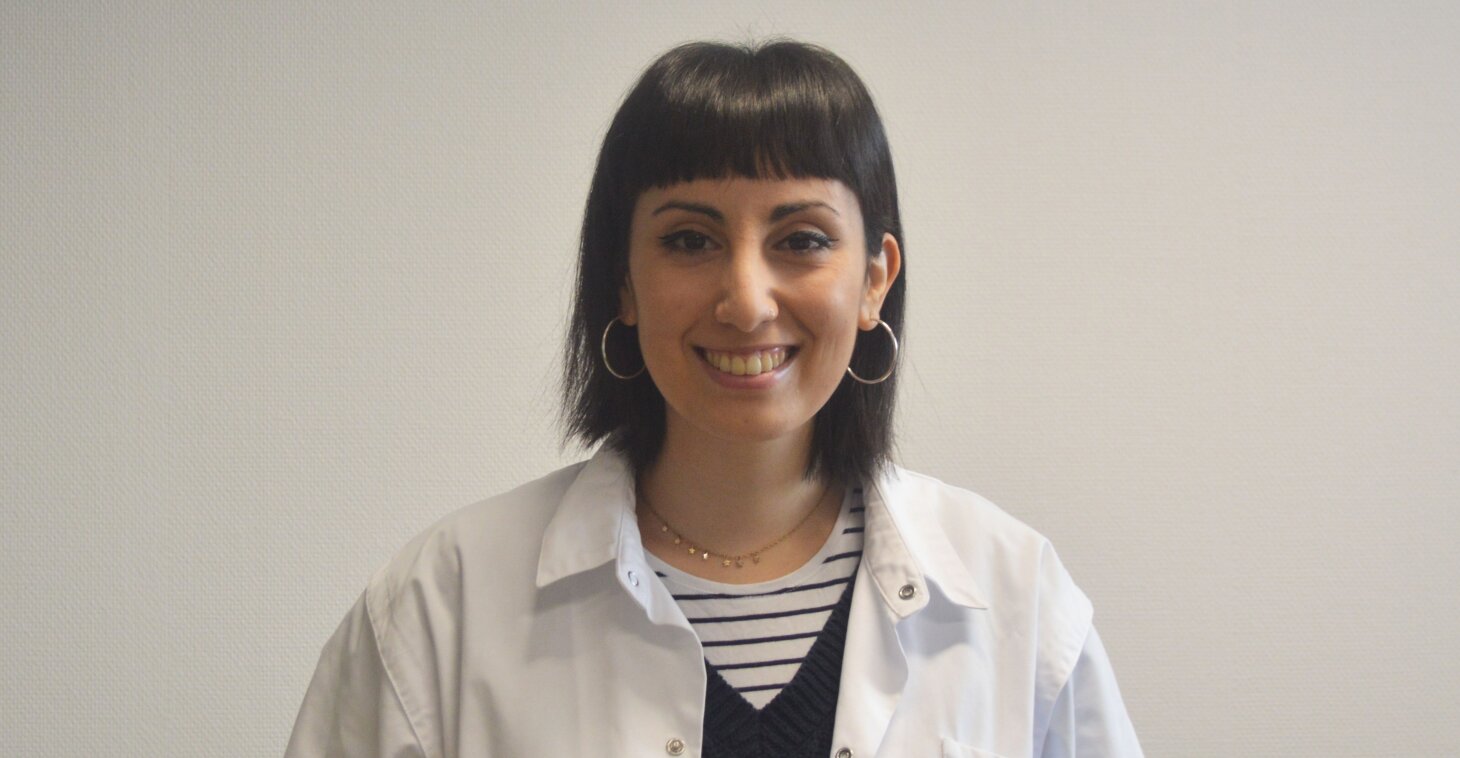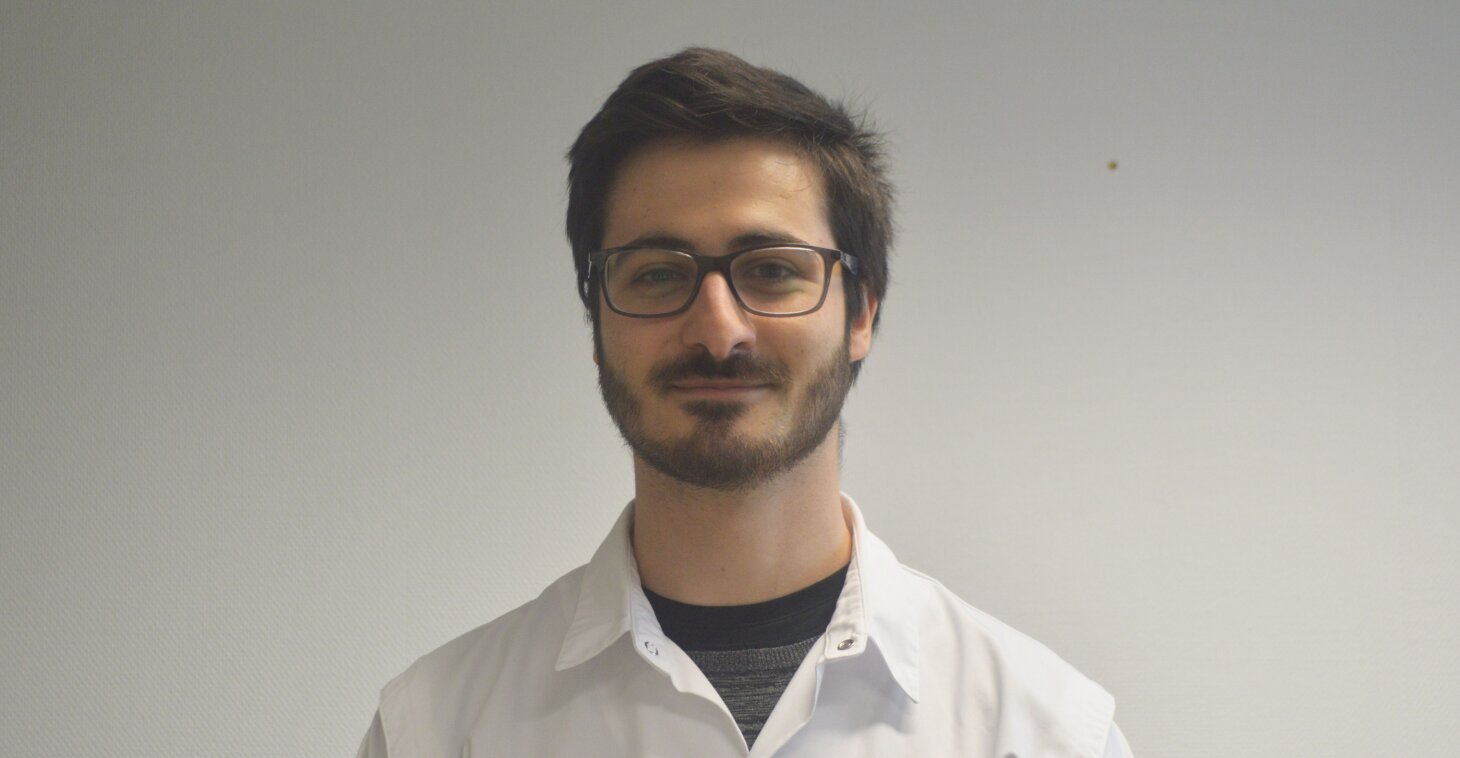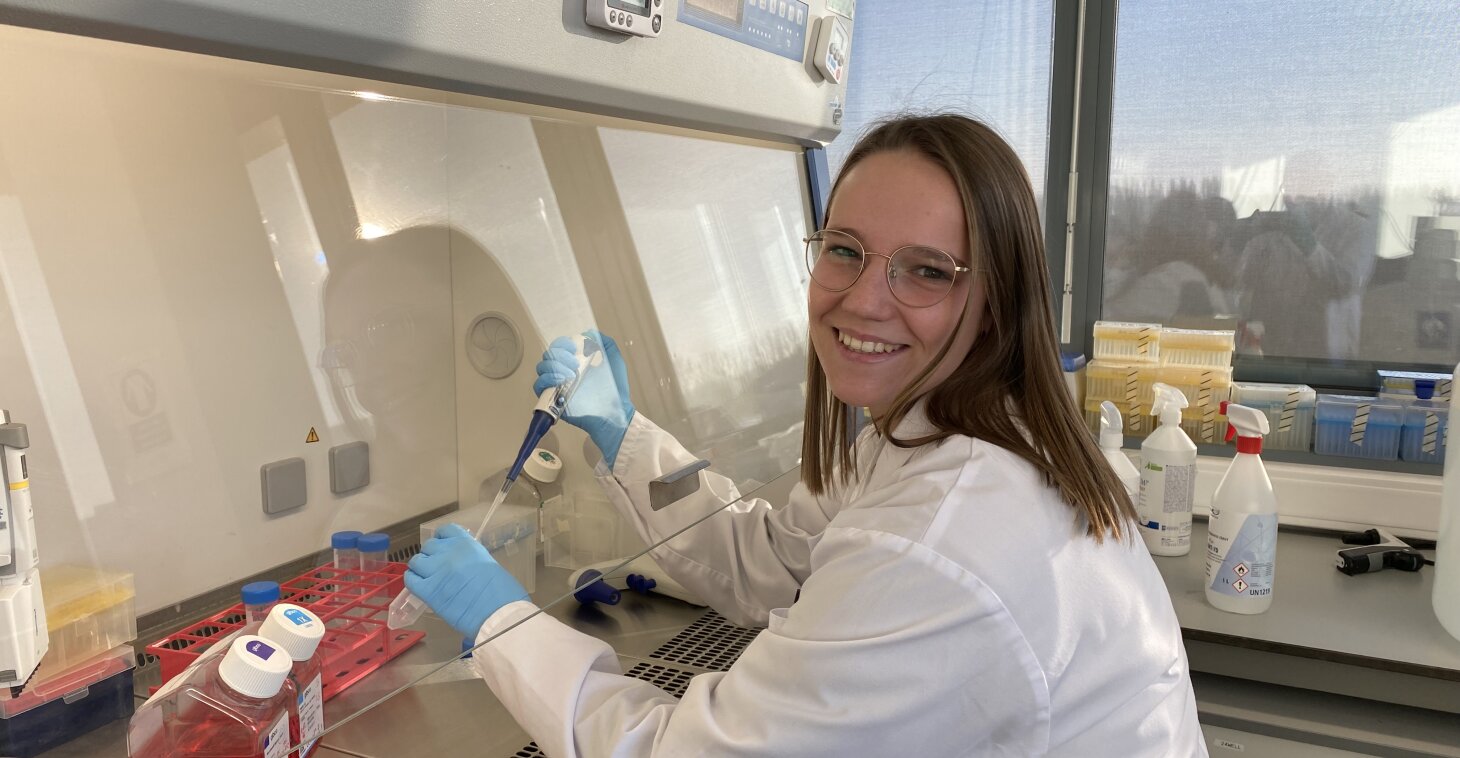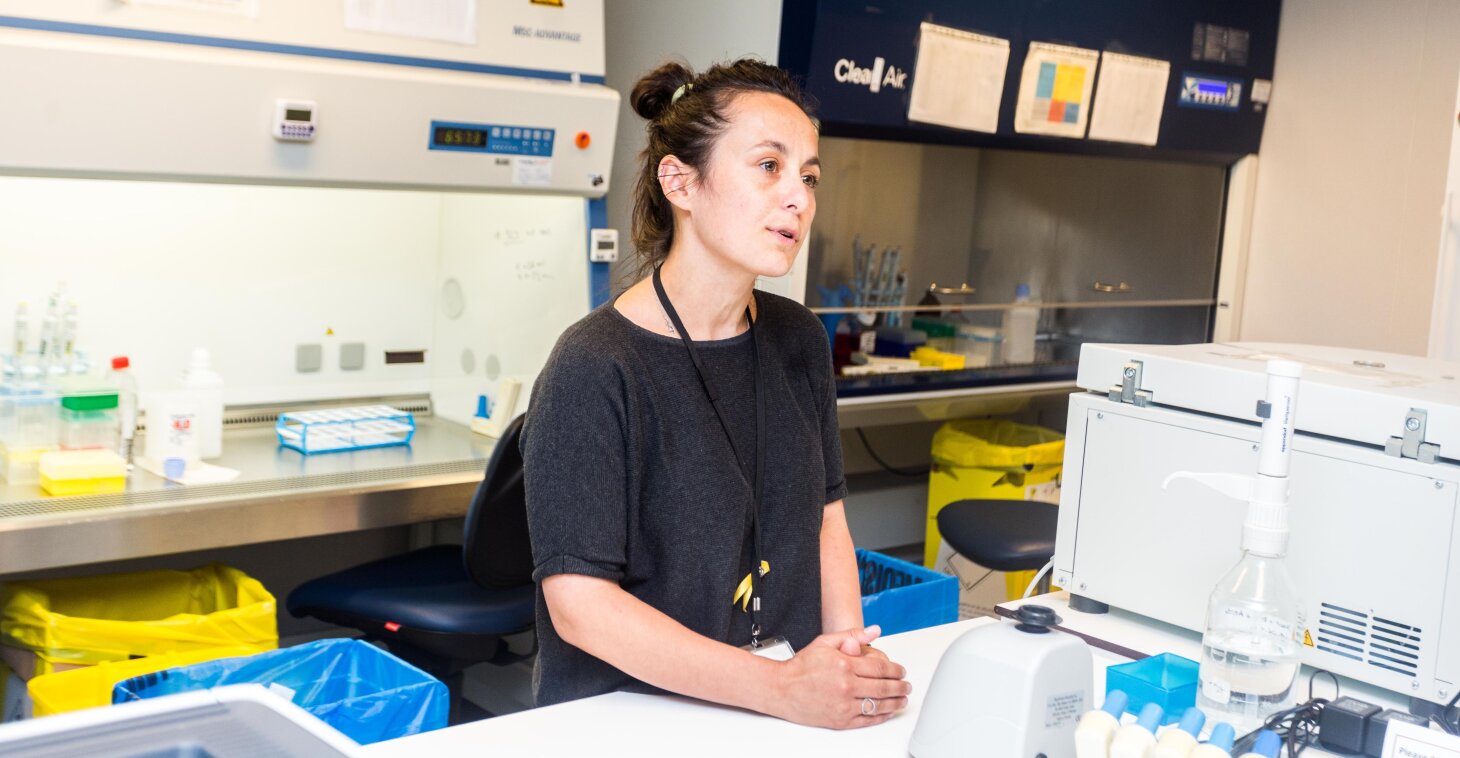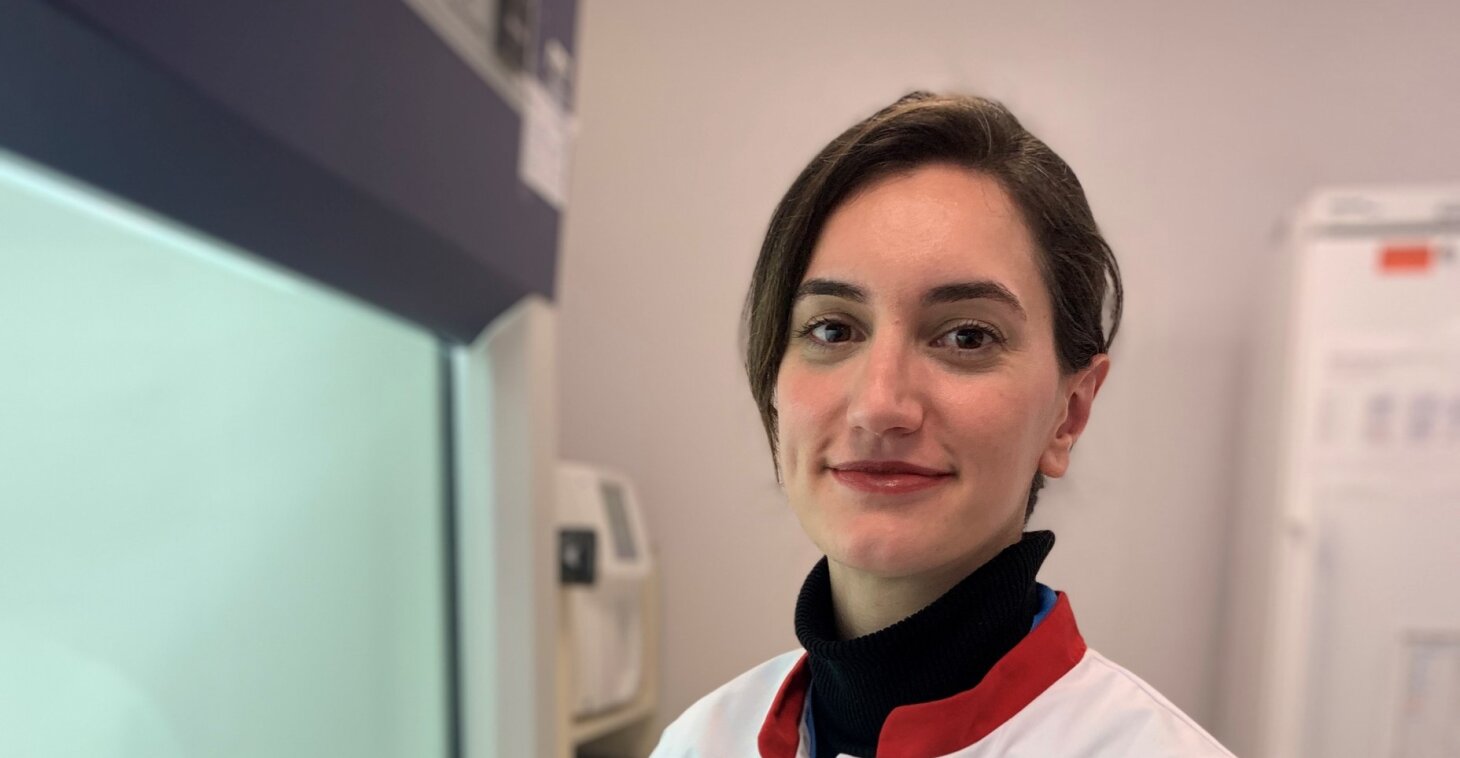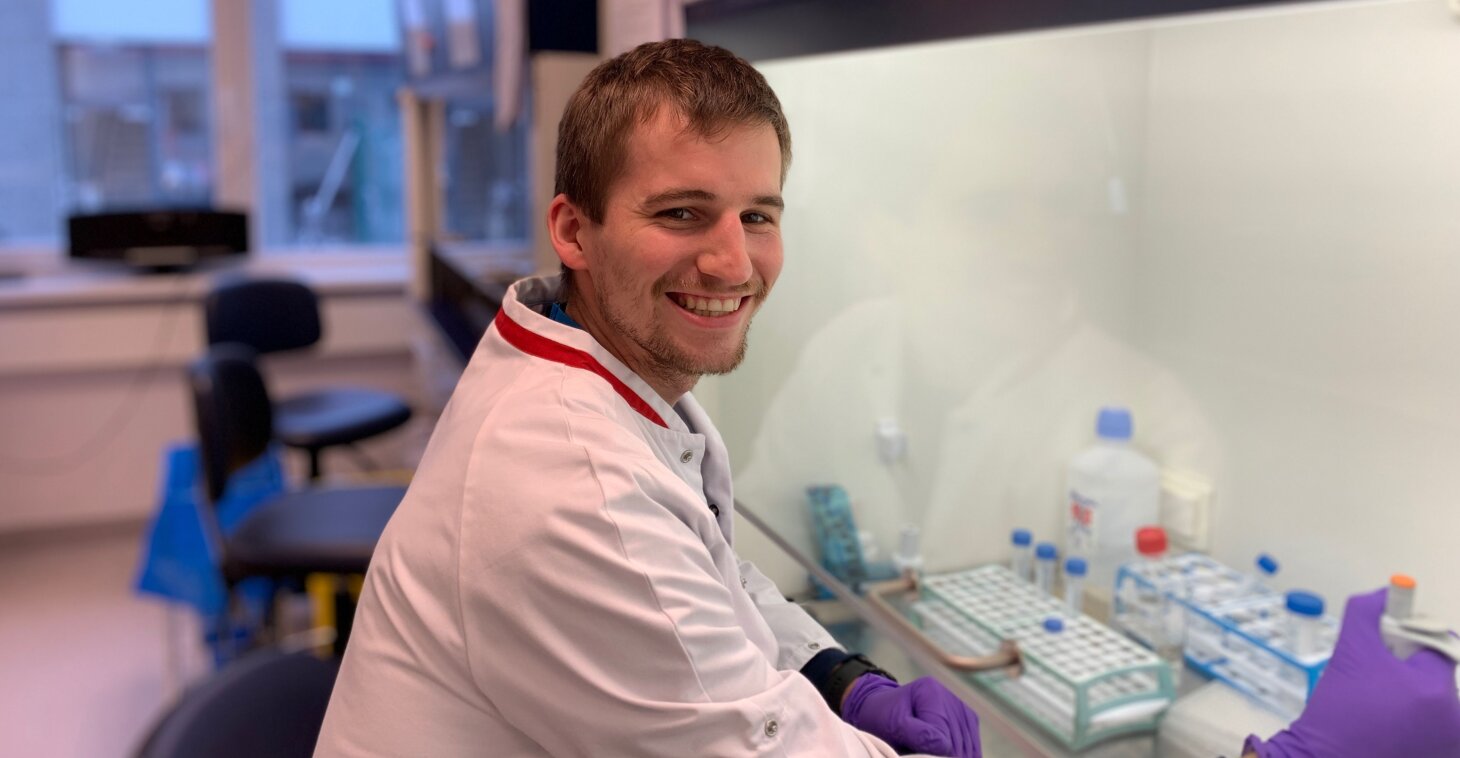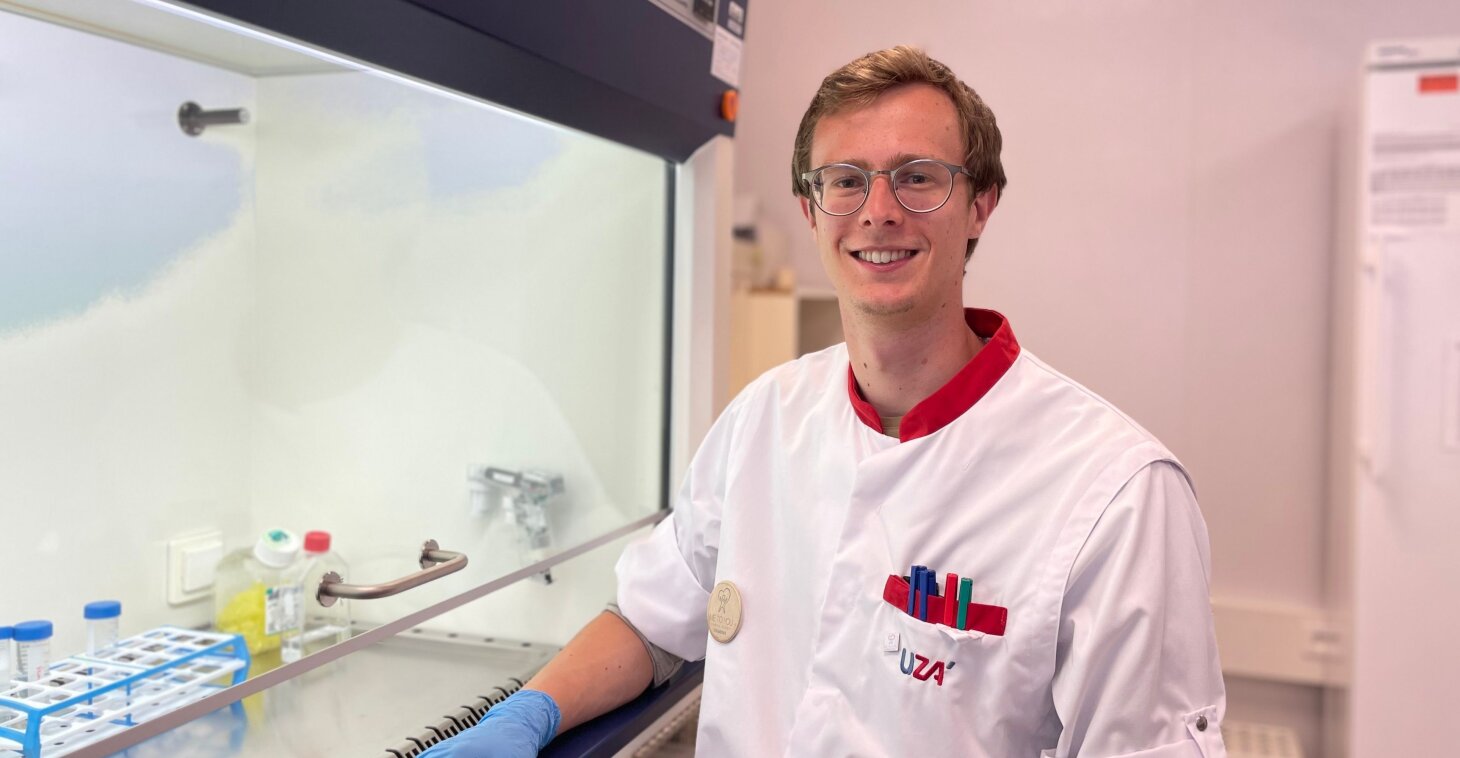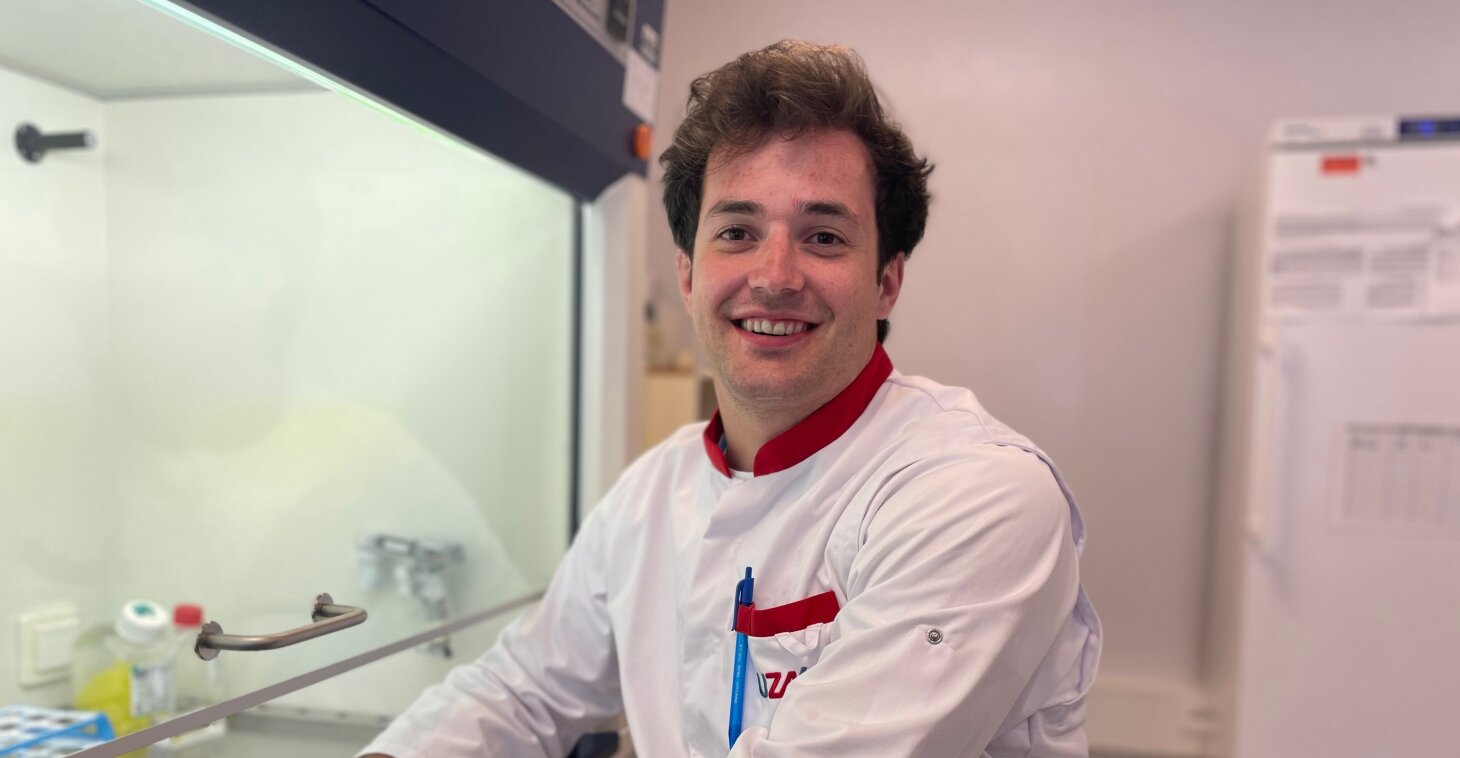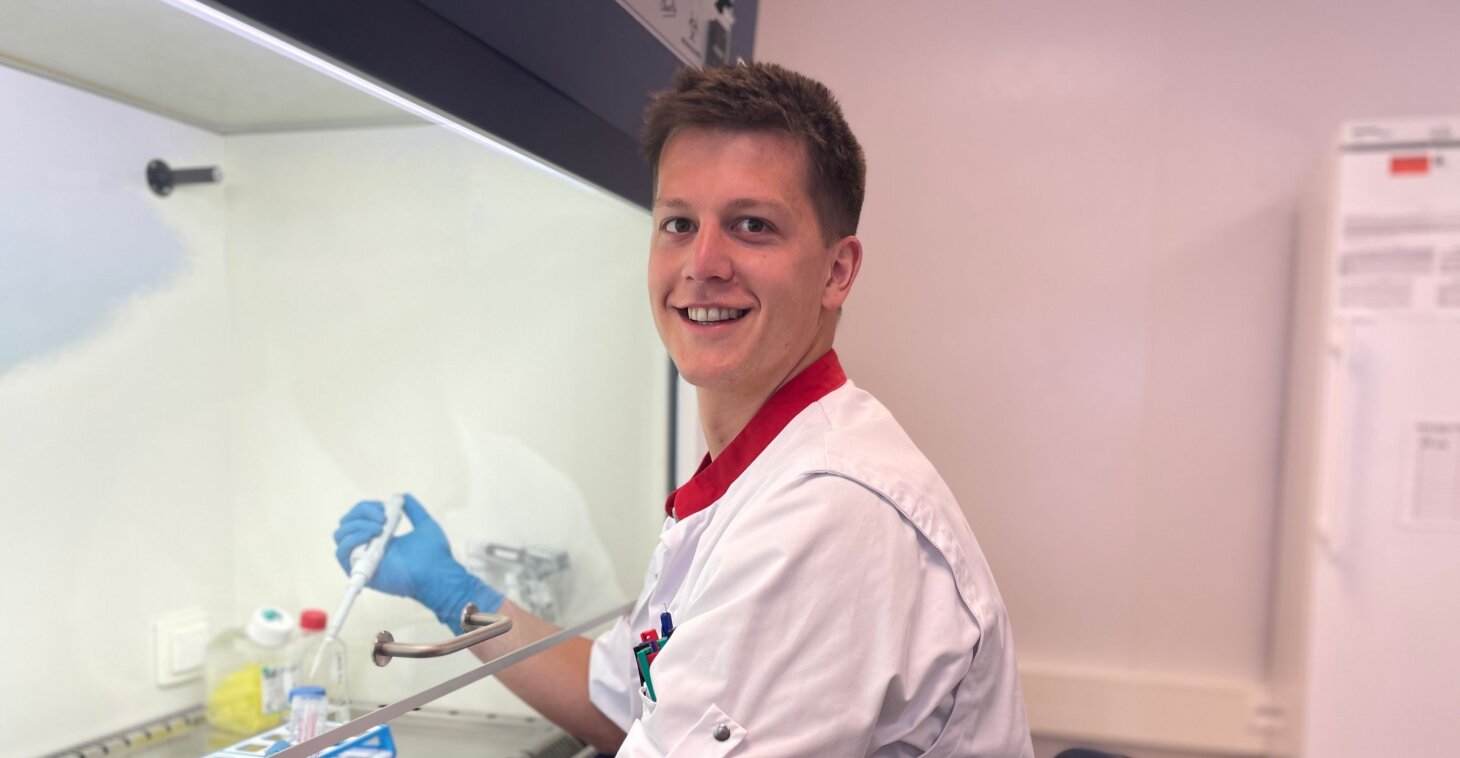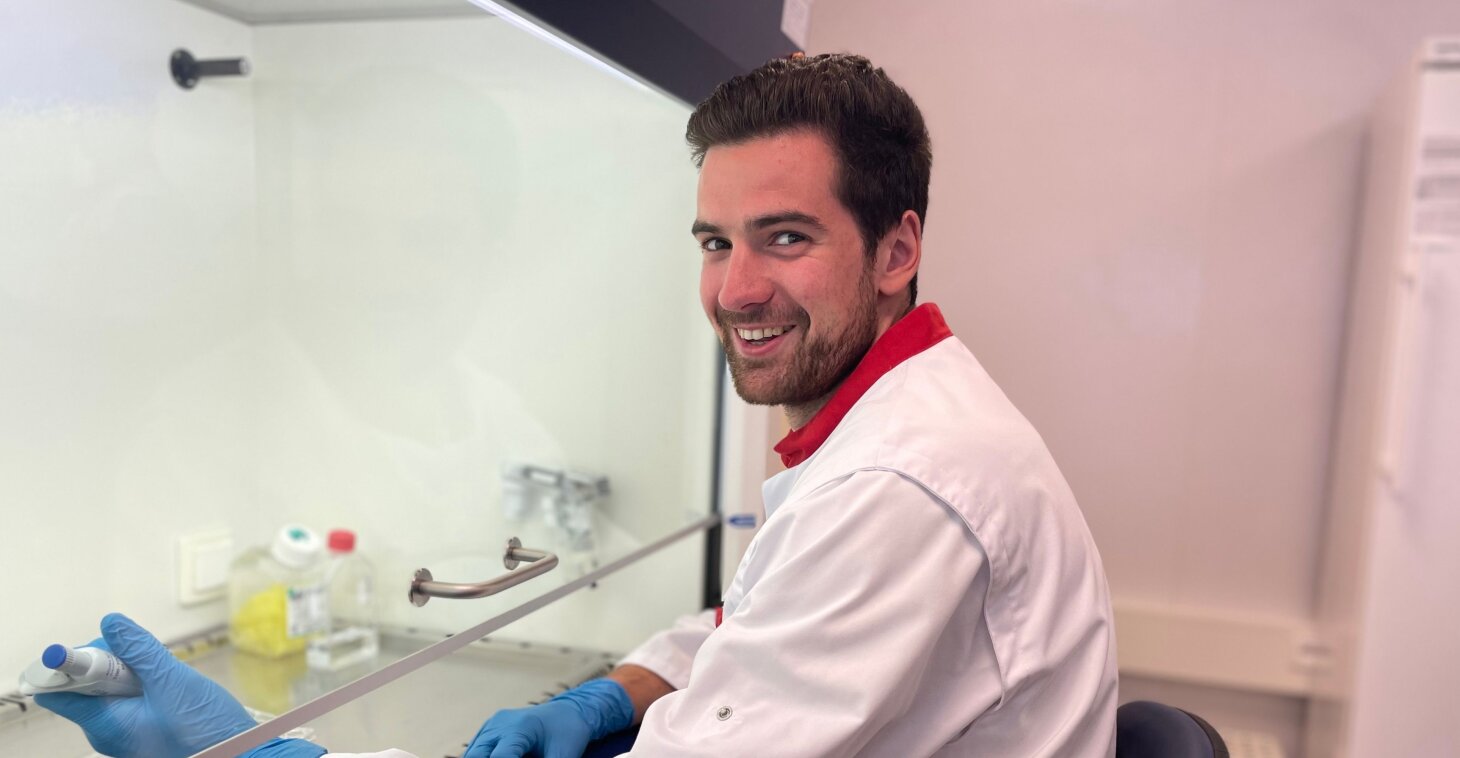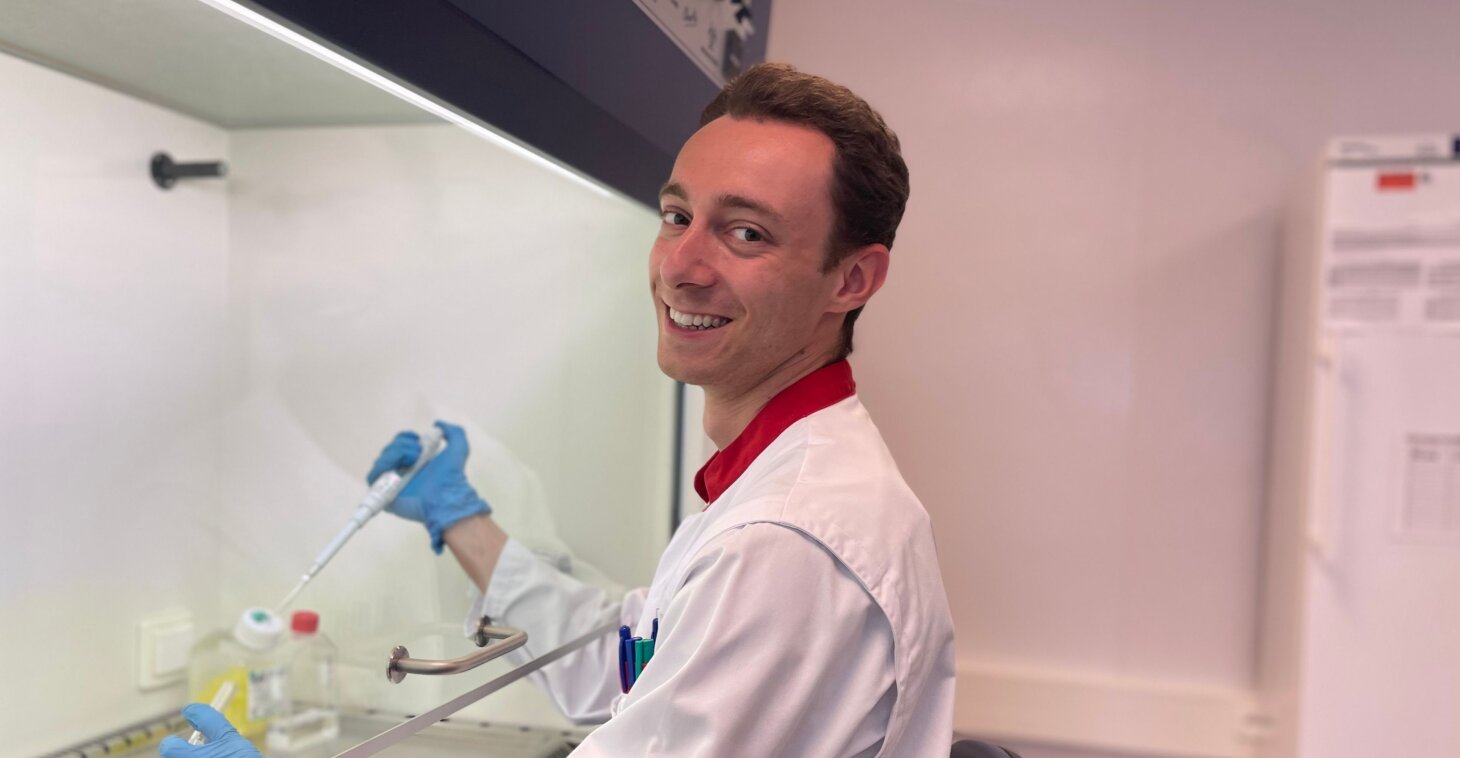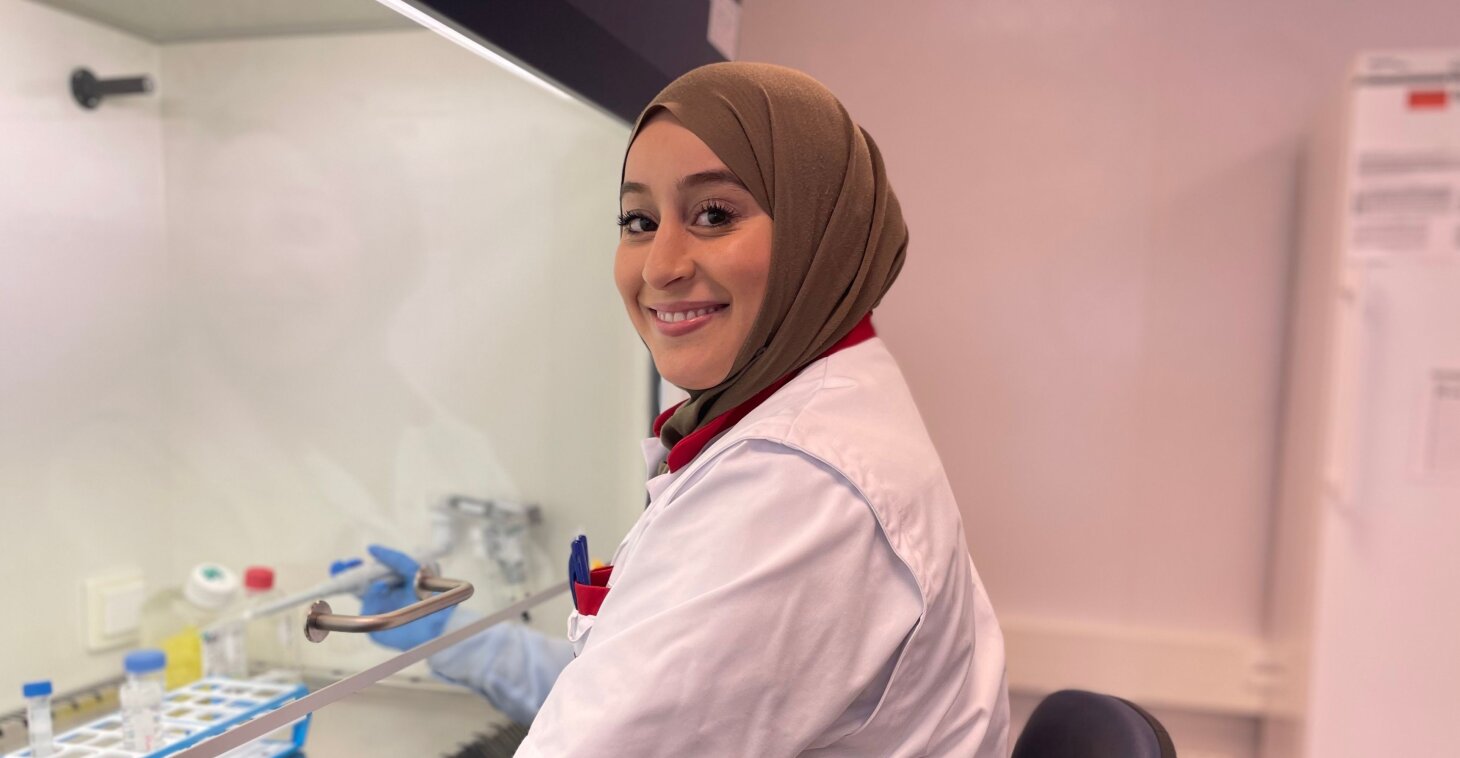The Laboratory of Experimental Hematology has built up a track record on the development of cellular immunotherapies in the context of cancer and autoimmune diseases as well as stem cell research.
Within these three major lines of research, our topics include:
- Brain organoids
- Immunostimulatory dendritic cells
- Immunomodulatory dendritic cells
- T-cell receptor (TCR) engineering of immune effector cells
- Chimeric antigen receptor (CAR) engineering of immune effector cells
- CRISPR gene editing of immune effector cells
- T-cell receptor (TCR) engineering of regulatory T cells
- Designer regulatory T cells
Brain organoids
Immunostimulatory dendritic cells
Immunomodulatory dendritic cells
One of our focusses is the immunobiology of human dendritic cells (DC) in the pathogenesis of autoimmunity and their modulation in order to provide the prospect for their use to suppress pathogenic immune responses in autoimmune diseases such as multiple sclerosis (MS). MS is the most common disabling neurologic disease of young people, affecting approximately one in thousand people in Europe. Our research has demonstrated that DC of MS patients are in an “hyper-activated” state setting a cascade of processes in motion that ultimately results in damage to the body's own myelin. In contrast, when DC were generated in the laboratory under the influence of vitamin D, so-called tolerance-inducing or tolerogenic DC (tolDC) are created being able to re-educate the immune system not to react against myelin. Currently, this novel tolDC approach is under investigation in a first phase I study in patients with MS, which is approved by the Federal Agency for Medicines and Health Products (FAMHP) in Belgium.
T-cell receptor (TCR) engineering of immune effector cells
Chimeric antigen receptor (CAR) engineering of immune effector cells
CRISPR gene editing of immune effector cells
T-cell receptor (TCR) engineering of regulatory T cells
Other research efforts are focused on finding ways to specifically manipulate disease causing immune cells. In this regard, regulatory T cells (Tregs) are set forth as potential candidates to target the disease causing cells. Here we will genetically modify patient-derived Tregs in order to enforce interaction of these cells with the cells that are potentially key in the loss of self-tolerance. By using a clinically safe protocol to genetically modify patients’ Tregs with the T cell receptor that recognizes the disease-associated antigen, we aim to obtain an efficacious and tailor-made cell-based approach for future therapy of MS and other autoimmune diseases.
Designer regulatory T cells
Next to immunomodulation, our group also focusses on regeneration. Progressive MS primarily involves atrophy, due to neurodegeneration and does not appear to respond well to the available anti-inflammatory therapies, as they lack the ability to support and induce remyelination. Consequently, remyelination remains a major unmet clinical need in MS therapy. Therefore, we currently investigate the neuronal growth factor brain-derived neurotrophic factor (BDNF), that promotes neuroprotection and (re)myelination. In addition, a novel pro-regenerative function of Tregs was recently revealed, mediated by the secretion of pro-myelinating factors, offering the opportunity to specifically deploy Tregs secreting BDNF. By using state-of-the art techniques, we will develop "designer" Tregs that are engineered to express high levels of BDNF, aiming to induce remyelination. The ultimate goal of this research line is to develop a clinically safe cell-based vaccine for the treatment of progressive MS, aiming to repair the neurological damage that is caused by MS.
